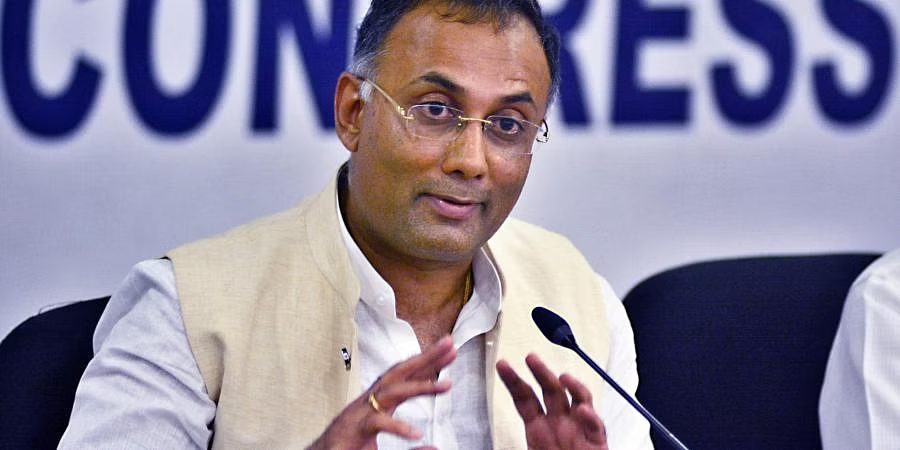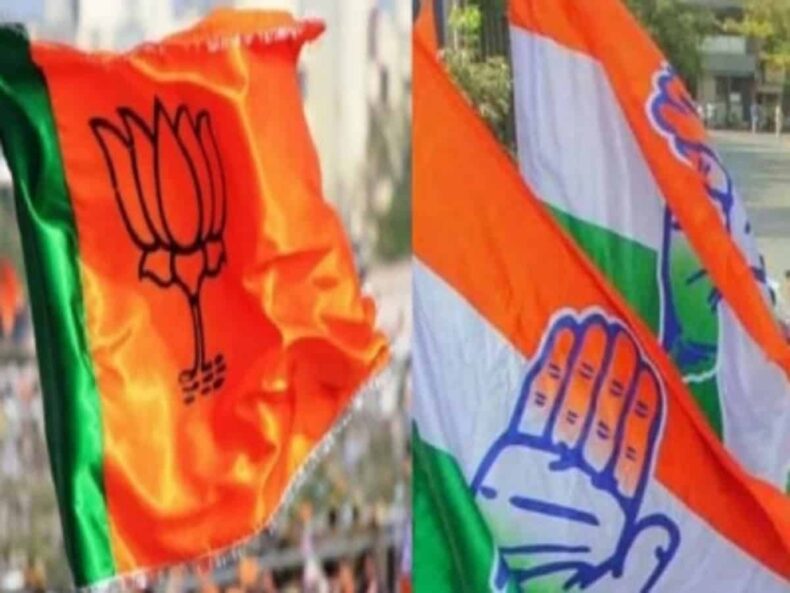In the dynamic landscape of Indian politics, the recent allegations of the Bharatiya Janata Party (BJP) favoring individuals involved in criminal activities have sparked a heated debate. Karnataka Minister Dinesh Gundu Rao’s accusations have brought to the forefront the delicate issue of criminality in politics. In this article, we will delve into the context surrounding these allegations, examining BJP’s approach and the response from Karnataka’s District-in-Charge Minister for Health and Family Welfare, Dinesh Gundu Rao.
The Allegations
The controversy began when Dinesh Gundu Rao pointedly accused the BJP of supporting individuals with a history of criminal involvement. He stressed that crime knows no caste or religion, and any backing of such elements implies endorsing illegal activities. Rao’s allegations raise serious questions about the ethical considerations and implications of having criminal elements within the political sphere.
BJP’s Stand
In response to the serious allegations made by Rao, the BJP staunchly defended its position. The party denied any connections with criminal activities and maintained that the Congress-led government was targeting Hindu organizations under the pretext of law enforcement. BJP leaders accused the ruling party of indulging in divisive politics and suppressing Hindu voices, thereby deflecting the focus from the criminal allegations against some of its members.

The Complexity of Criminal Allegations in Politics
The intertwining of politics and criminality is not unique to any single party. Across the political spectrum, there have been instances of leaders with criminal backgrounds entering the fray. The nexus between politicians and criminals raises concerns about the erosion of democratic values and the potential impact on governance.
One of the underlying factors that contribute to the presence of individuals with criminal records in politics is the “winnability” factor. Many parties often field candidates based on their perceived chances of winning the election rather than their ethical standing. In some cases, candidates with criminal backgrounds are considered to have a strong influence on the electorate, making them attractive choices for political parties seeking victory.
Moreover, the slow judicial process and the high cost of legal battles in India can embolden individuals with criminal records to enter politics without facing immediate repercussions. They may exploit legal loopholes to their advantage, further complicating the issue.
Karnataka Minister’s Response and Police Actions
In defense of his government’s actions, Dinesh Gundu Rao clarified that law enforcement agencies were acting impartially, without any political influence. He emphasized that the police were merely carrying out their duties, regardless of the accused individual’s religious or political affiliations. Rao’s statement underscores the importance of upholding the rule of law and ensuring that justice is served without any bias.
The Way Forward
The allegations made by Karnataka Minister Dinesh Gundu Rao against the BJP, and the party’s counter-accusations, have brought the issue of criminality in politics to the forefront of public discourse. To address this complex challenge, there is a need for systemic reforms and stricter regulations within the political sphere.
- Electoral Reforms: Introducing meaningful electoral reforms can help curb the entry of individuals with criminal backgrounds into politics. Parties should be encouraged to field candidates with clean records and sound ethical grounds, and citizens should be empowered with information about candidates’ criminal histories.
- Fast-track Judicial Process: Streamlining the legal system to ensure the timely delivery of justice is crucial. Speedy trials and efficient disposal of cases can act as a deterrent for potential lawbreakers entering politics.
- Transparent Party Funding: Transparent funding mechanisms for political parties can help reduce the influence of illicit money and crime in politics. Ensuring financial transparency will promote clean and accountable governance.
- Public Awareness and Participation: Encouraging public awareness and active participation in politics can lead to informed voting decisions and hold politicians accountable for their actions.
The rise of criminal allegations in politics, as highlighted by the recent accusations against the BJP and the subsequent response from Karnataka Minister Dinesh Gundu Rao, calls for a critical examination of the ethical standards and the overall health of the Indian political system. By addressing the root causes and implementing necessary reforms, it is possible to restore public trust and foster a more transparent and accountable political landscape. Ultimately, a robust democracy demands leaders who uphold the rule of law and prioritize the welfare of their constituents over personal or party interests.












